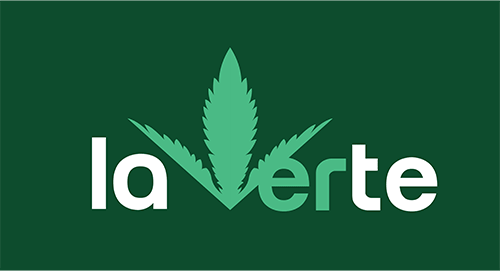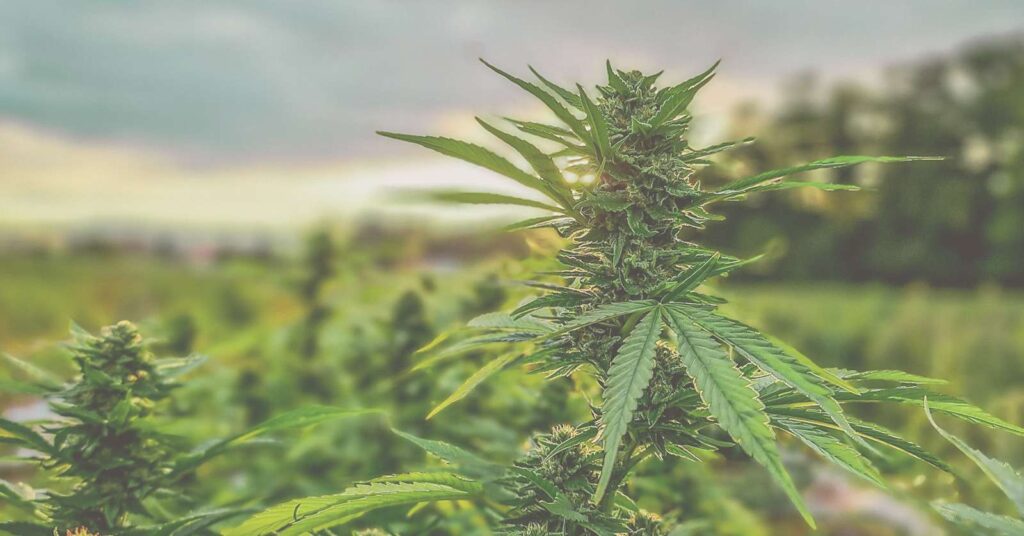News cbd
French Court of Cassation rules in favour of CBD sales
. Environ une semaine après une première décision dans l’affaire de la réouverture d’une boutique situé à Dijon (Côte-d’Or), la plus haute juridiction française a cette fois rendu un arrêt général au sujet de la commercialisation du CBD, substance issue du cannabis, qui cependant n’a aucun effet nocif sur la santé. Nous vous expliquons tout en détails.
1 – Qu’est-ce que le CBD ?
Le CBD est l’abréviation du mot cannabidiol, une substance issue du chanvre, qui est une variété du cannabis. Il est très important de différencier la molécule de THC à celle de CBD. Le tétrahydrocannabinol (THC), également présent dans le cannabis, est quand à lui reconnu comme étant un psychotrope, qui agit notamment sur le rythme cérébral et le psychisme, au contraire de son cousin, le CBD. Le THC est donc considéré comme produit stupéfiant, au contraire du CBD. Comme le rappelle la Cour de justice de l’Union européenne, le CBD ne cause pas « d’effet psychotrope et d’effet nocif sur la santé humaine sur la base des données scientifiques disponibles ». Il n’est donc pas classé comme un stupéfiant par la justice européenne.
2 – Qu’en est-il de la légalité en France ?
Le cannabis n’est clairement pas légal sur le territoire français, mais le CBD n’étant qu’une molécule présente dans le cannabis, son statut est différent. En effet, aucune étude scientifique n’a prouvé que le CBD pouvait avoir des conséquences néfastes sur la santé des consommateurs. Au contraire, il est prouvé que le CBD peut aider à réduire certaines douleurs et conditions chez certains types de personnes malades. Ainsi, la loi française ne le considère pas comme un stupéfiant, seulement à trois conditions :
- si la plante dont il provient est issue de l’une des variétés de cannabis « Sativa L. » autorisées en France ;
- if only the fibres and seeds of the plant are used
- if the substance contains less than 0.2% of THC, as recalled in a circular issued by the Ministry of Justice on 23 July 2018.
For a few years now, CBD shops have been springing up all over France, with dozens of different products marketed and sold to adults: oils, vaping liquids, herbal teas, honey and even chocolate bars or candy. This totally legal market is the background of more than 300 establishments in France, as reported last December by the newspaper The World.
3 – S’il est légal, pourquoi le CBD s’est-il retrouvé devant la justice ?
Pour comprendre cette histoire juridique, Il faut remonter en 2016. À cette époque la société Catlab, basée à Marseille, est alors accusée de commerce illégal de produits stupéfiants. En effet, le CBD qu’elle importe de République tchèque, un autre Etat membre de l’Union européenne, n’était pas issu des fibres et graines de la plante de chanvre, mais d’une autre partie de la plante.
Les deux gérants de Catlab ont été poursuivis, puis condamnés à 18 et à 15 mois de prison avec sursis et 10 000 euros d’amende chacun, par le tribunal correctionnel de Marseille en janvier 2018. En appel, les juges ont décidé de vérifier auprès de la justice européenne si les textes français en vigueur étaient conformes.
4 - What was the response of the European justice?
La Cour de justice de l’Union européenne a donc été saisie et s’est penchée sur le dossier, apportant un camouflet à la France. En novembre 2020, la juridiction a ainsi signifié à Paris et au gouvernement que si le pays demeure libre d’encadrer la production de CBD sur son sol, il ne peut pas considérer comme illégale la vente de CBD issu d’un autre pays de l’Union européenne, même si produit dans des conditions différentes. Cela vaut si le produit final est fabriqué légalement dans l’Etat d’origine, et respecte bien sûr les taux autorisés.
Ne pas autoriser la vente de produits à base de CBD fabriqués légalement dans un pays membre constitue donc une entrave à la libre-circulation des marchandises, comme l’a souligné la CJUE dans son arrêt. Par ailleurs, elle rappelle que le CBD issu de l’ensemble de la plante est une substance non stupéfiante en Europe. Il est donc impossible d’en limiter la vente à des produits à base de CBD issu spécifiquement de fibres et de graines, comme le veut la loi française.
5 - What was the conclusion of the Court of Cassation?
Dans un arrêt « à portée générale » rendu public le 23 juin, la Cour de cassation donc suivi la décision de la justice européenne. A ses yeux, la vente de CBD est légale en France. Même si elle n’obéit pas aux trois critères fixés par la loi française, tant que le CBD commercialisé a été produit dans l’Union européenne selon les règles fixées par la justice européenne, la vente reste légale. Cette décision a été accueillie avec un ouf de soulagement pour des centaines de commerçants qui attendaient nerveusement le verdict.
La plus haute juridiction française avait déjà rendu le 15 juin de cette même année un premier arrêt dans lequel elle donnait raison à une boutique dijonnaise, qui n’aurait pas dû être fermée de manière préventive à l’été 2018 par les autorités pour avoir vendu du CBD.
However, the legality of CBD does not in any way mean an easing of the repression of cannabis use or a first step towards its legalization.

